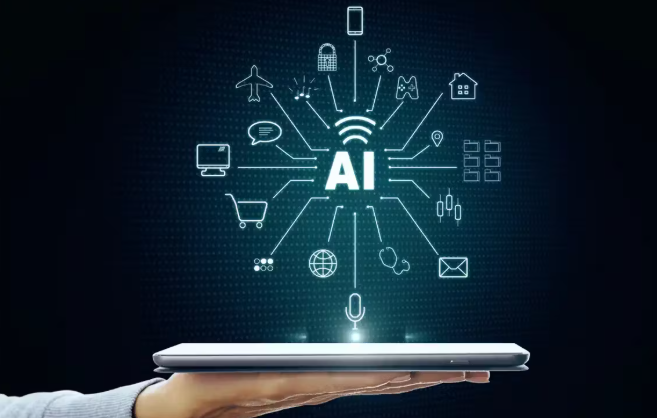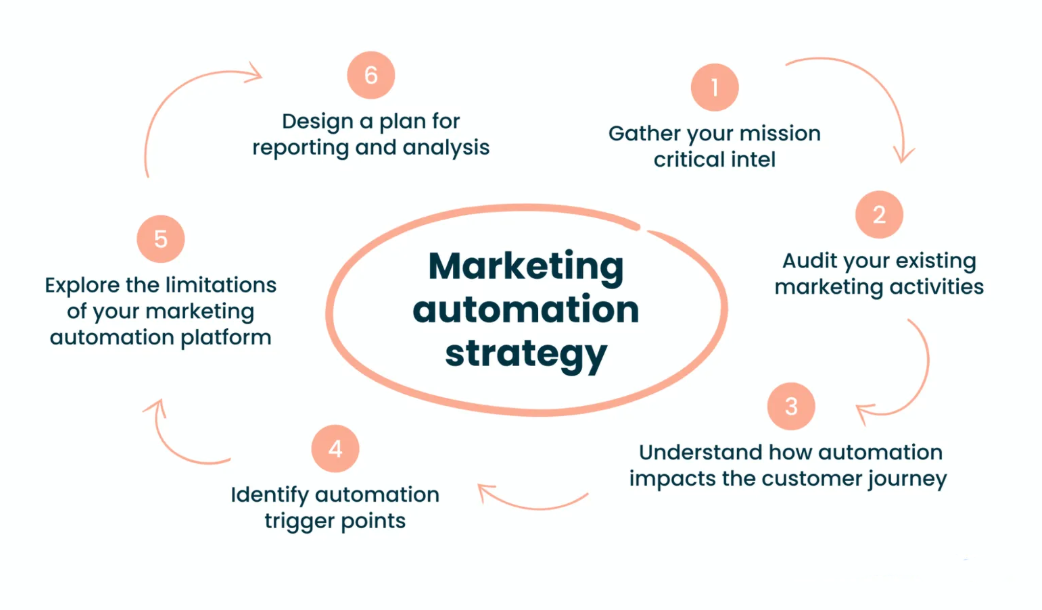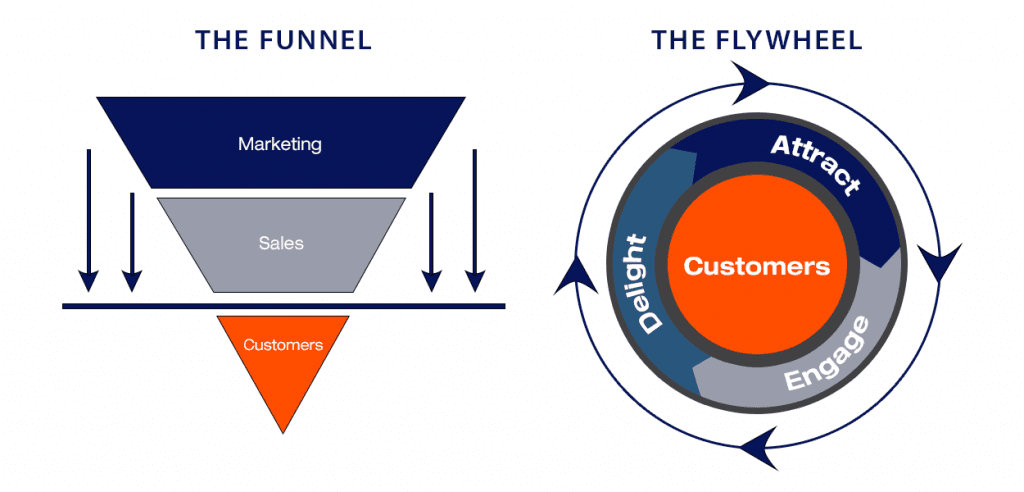Introduction
The era of third-party cookies is ending, and with it comes a fundamental reset in digital marketing. B2B marketers who once relied on external data sources to build audiences are now turning inward, prioritizing first-party data as the foundation of their strategies. Artificial intelligence is playing a crucial role in this transition by enriching, analyzing, and activating first-party datasets for precision targeting.
Why This Matters for B2B
B2B buying journeys are already complex, often involving multiple stakeholders and lengthy evaluation cycles. The loss of third-party cookies makes it even harder to identify, segment, and engage the right audiences. Companies that effectively leverage first-party data can maintain accuracy, build trust, and create differentiated experiences that resonate.
How First-Party Data Fuels Marketing
- Behavioral insights: Website interactions reveal what prospects care about most.
- CRM enrichment: AI tools cross-reference internal data to fill gaps in job titles, company size, and industry.
- Predictive modeling: Engagement patterns forecast which accounts are most likely to convert.
- Personalization at scale: Content and messaging can be tailored based on customer journey stage.
Strategic Recommendations for CMOs
- Audit current data assets and identify gaps.
- Invest in Customer Data Platforms (CDPs) that integrate seamlessly with marketing automation tools.
- Use AI to clean and normalize records regularly.
- Prioritize transparency and consent to build long-term trust with buyers.
Risks and Challenges
Poor data governance can lead to inaccuracies that hurt personalization efforts. Over-personalization risks making prospects uncomfortable. To succeed, marketers must balance precision with respect for privacy.
Conclusion
The cookieless era is not a setback but an opportunity. B2B marketers who master first-party data will build more authentic, lasting relationships with their audiences, driving pipeline with precision and trust.






